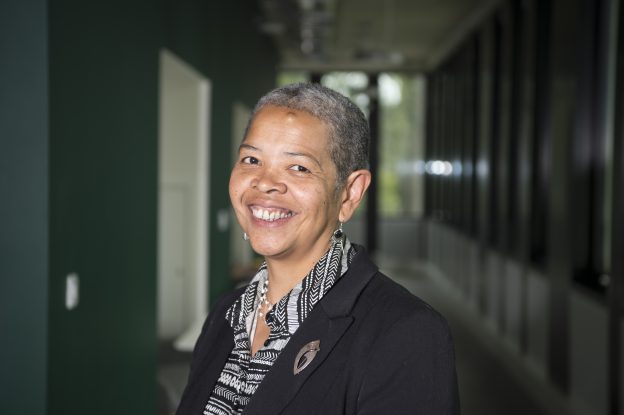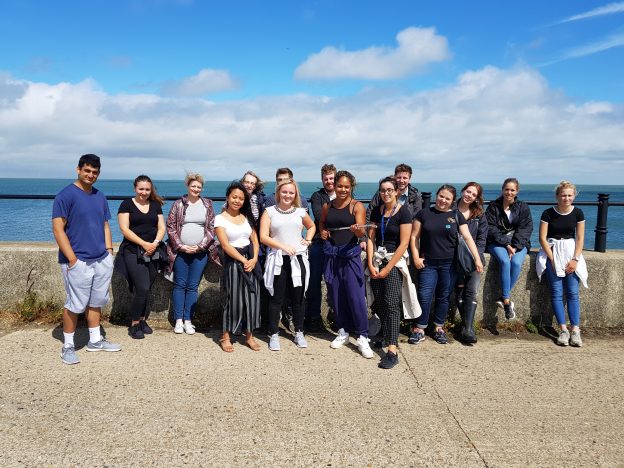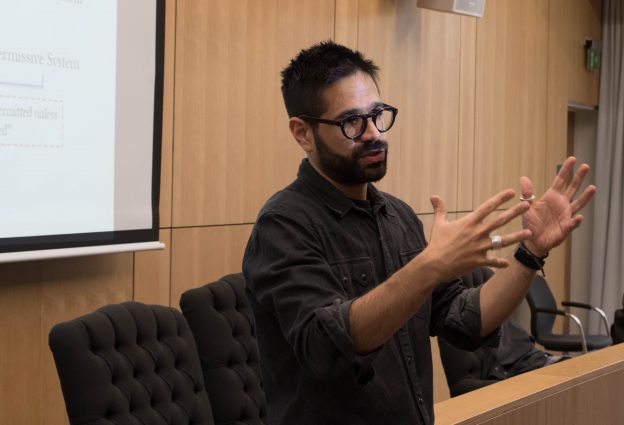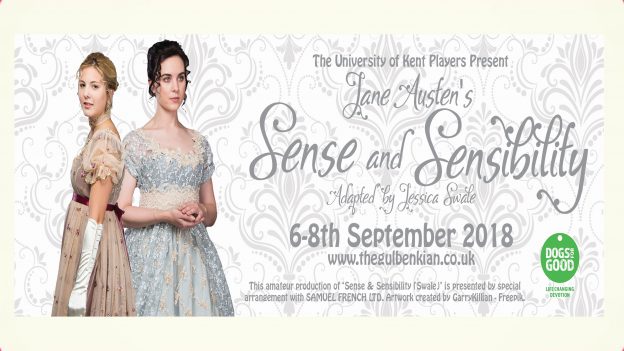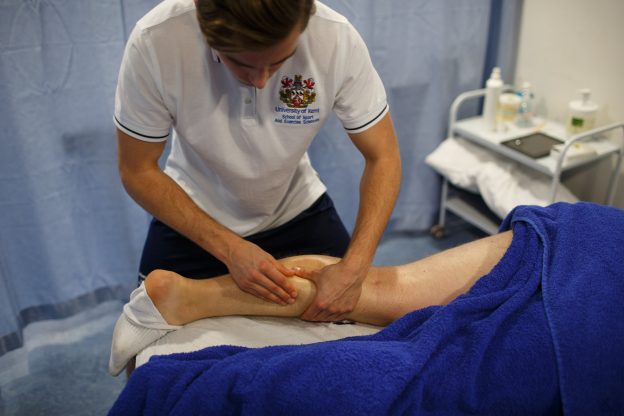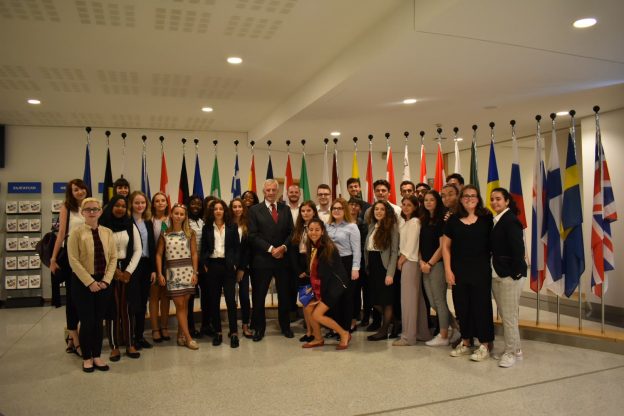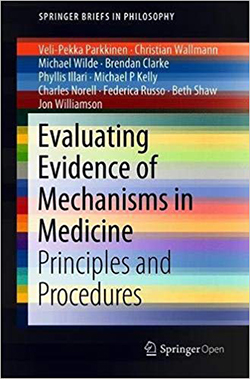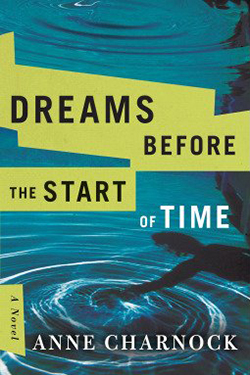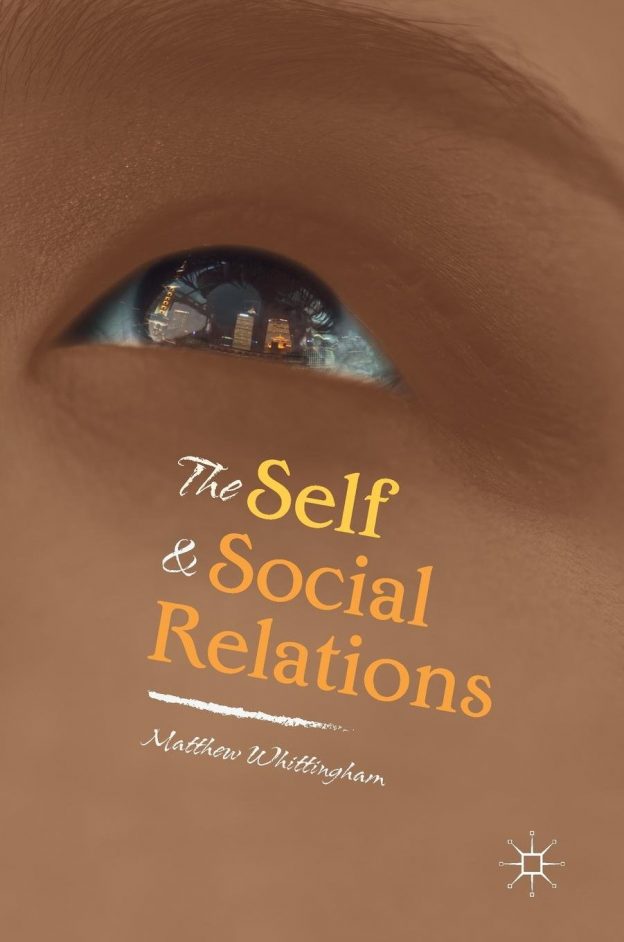A workshop exploring policies of inclusion, in jurisdictions around the world, will be hosted in Brussels in September by academics from Kent Law School and the Federal University of Minas Gerais (UFMG).
It’s the final workshop for Inclusionary Practices, a three-year research project exploring social and economic inclusion policies in Europe, Latin America and the digital domain. The project, funded by a £26k grant from the British Academy’s International Partnership and Mobility Scheme, is led by Kent Law School Professor Toni Williams (pictured) and Professor Fabricio Polido from the UFMG in Brazil.
The workshop, ‘Constituting Inclusion through Law and Regulation: What do we now know? And where do we go from here?’, will critically examine the methodologies, legal and regulatory techniques and theoretical debates involved in the implementation of social and economic inclusion policies.
Workshop papers will explore how inclusionary practices in different jurisdictions and different social and economic domains make use of particular forms of law and regulation and consider the implications of these differences and particularities for social justice, equalities and diversities and development. Through systematic and critical analysis and comparison of selected case studies, the workshop seeks to create additional knowledge about the meanings of inclusionary practices in different contexts. It will also consider how and to what effect law and regulation are implicated and instrumentalised to advance policies of inclusion.
Workshop case studies explore the roles of domestic and transnational regulation in respect of social exclusion and inclusionary practices in the fields of housing, security, work, education, finance and digital economies and political engagement.
The workshop will be held at Kent’s Brussels School of International Studies on Thursday 6 and Friday 7 September.
